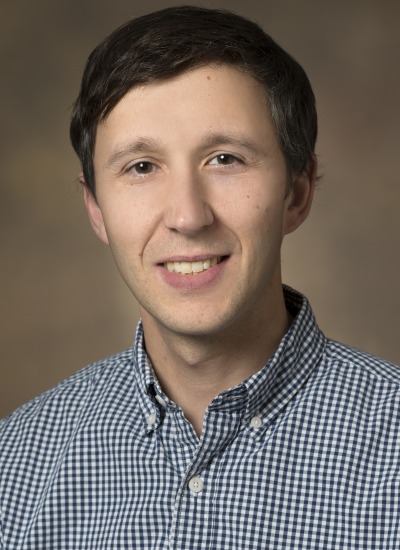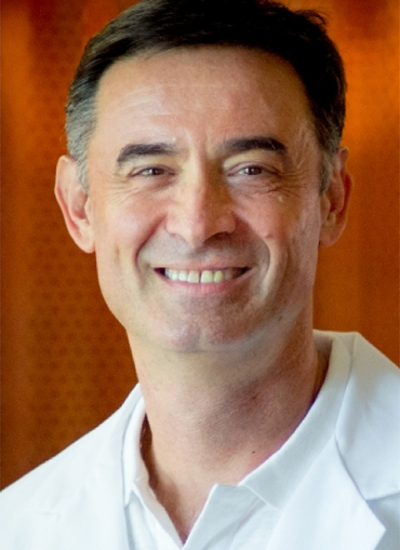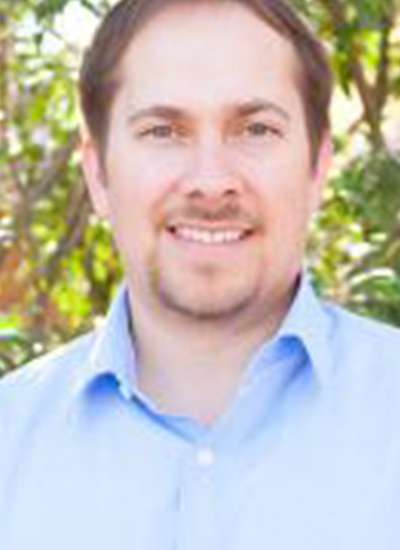Inflammation
Assistant Professor, Immunobiology
Assistant Professor, Cancer Biology - GIDP
Assistant Professor, BIO5 Institute
Member of the General Faculty
Member of the Graduate Faculty
Primary Department
Department Affiliations
Contact
(520) 626-7622
Janko Nikolich-Zugich
Department Head, Immunobiology
Co-Director, Arizona Center on Aging
Professor, Immunobiology
Professor, Medicine
Professor, Nutritional Sciences
Professor, Genetics - GIDP
Professor, Neuroscience - GIDP
Professor, BIO5 Institute
Primary Department
Department Affiliations
Contact
(520) 626-6065
Research Interest
Kristian Doyle
Associate Professor, Immunobiology
Associate Professor, Neurology
Associate Professor, Neurosurgery
Associate Professor, Psychology
Associate Professor, Neuroscience - GIDP
Member of the Graduate Faculty
Research Scientist
Associate Professor, BIO5 Institute
Primary Department
Department Affiliations
Contact
(520) 626-7013
Work Summary
Approximately 795,000 Americans suffer a stroke each year, and 400,000 will experience long-term disability. The number of stroke survivors in the population is expected to double by 2025. Currently, treatments for stroke patients are limited to tissue plasminogen activator (TPA), but its use is limited to the first few hours after stroke. Therefore, the goal of our research is to develop new therapeutics that can promote repair and recovery in this rapidly growing population.




